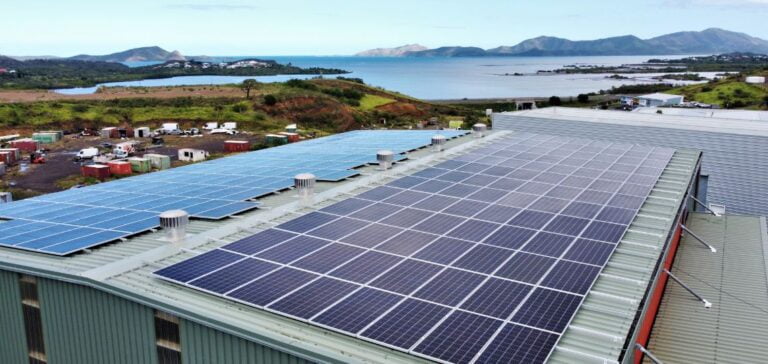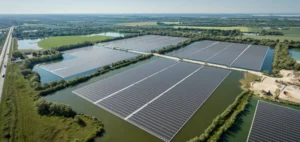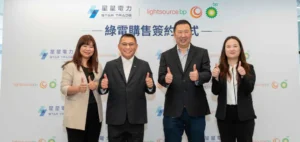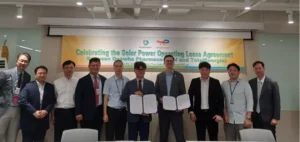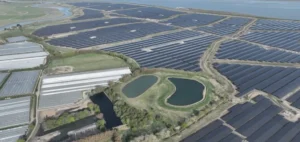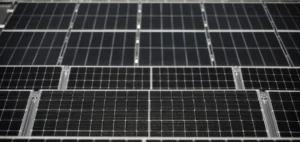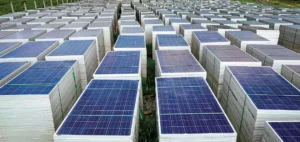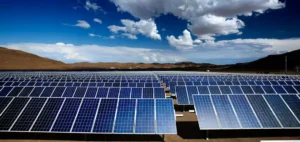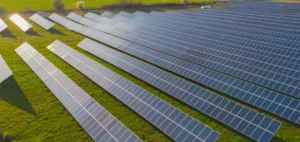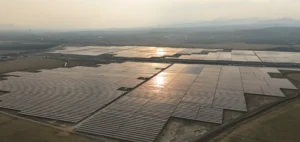Scientex Berhad, a player in the packaging industry and real estate development, has announced a significant expansion of its renewable energy initiatives. In collaboration with Solarvest Holdings Berhad, Scientex plans to deploy a large-scale solar photovoltaic (PV) system of around 21 megawatts peak (MWp) on the roofs of its facilities in Malaysia.
Since 2022, Scientex has integrated renewable energies into its operations, including solar PV installations at two manufacturing plants in Selangor and Perak. This new initiative marks a step-up in these efforts. This includes the installation of solar PV systems at ten key plants across the country, as well as at the company’s head office.
Environmental Impact and Sustainability
Scheduled to start in May 2024 and be completed by January 2025, the project is expected to generate enough renewable energy to offset around 14,000 tonnes of CO2. As a result, over 80% of Scientex’s manufacturing facilities in Malaysia will use renewable energy from solar PV systems by January 2025.
Scientex’s CEO stressed that this initiative represents a major commitment to sustainability and to reducing the company’s carbon footprint. By adopting carbon-free energy solutions such as solar power, Scientex demonstrates how companies can reduce their GHG emissions.
Collaboration with Solarvest
The collaboration with Solarvest, which has an extensive geographical presence in the region, is strategic for Scientex. As a regional partner in clean energy, Solarvest is ideally positioned to support multinationals in their sustainability objectives. This initiative fits perfectly with Malaysia’s national energy transition roadmap.
Solarvest CEO Davis Chong Chun Shiong emphasized that this collaboration symbolizes the commitment of the two Malaysian companies to working together for a sustainable economy. Companies listed on the main market, with financial years ending after December 31, 2023, are required to disclose common sustainability issues in their 2024 reports and TCFD-aligned disclosures from 2025.
Future prospects
This Scientex initiative is a perfect example of how companies can play a crucial role in the transition to a greener economy. By supporting the sustainability objectives of their local and international customers, Scientex paves the way for a more sustainable future. In addition, the transition to renewable energy solutions such as solar power is essential to reducing GHG emissions and aligning operations with global sustainability goals.
With the solar energy market booming in Southeast Asia, projected to reach 15.25 million MWh by 2024, Solarvest is in a prime position to lead this energy transformation in the region.
In short, Scientex’s initiative to deploy solar PV systems on its facilities nationwide is a decisive step towards reducing its carbon footprint. By collaborating with Solarvest, Scientex not only reduces its CO2 emissions, but also demonstrates a strong commitment to environmental objectives.

